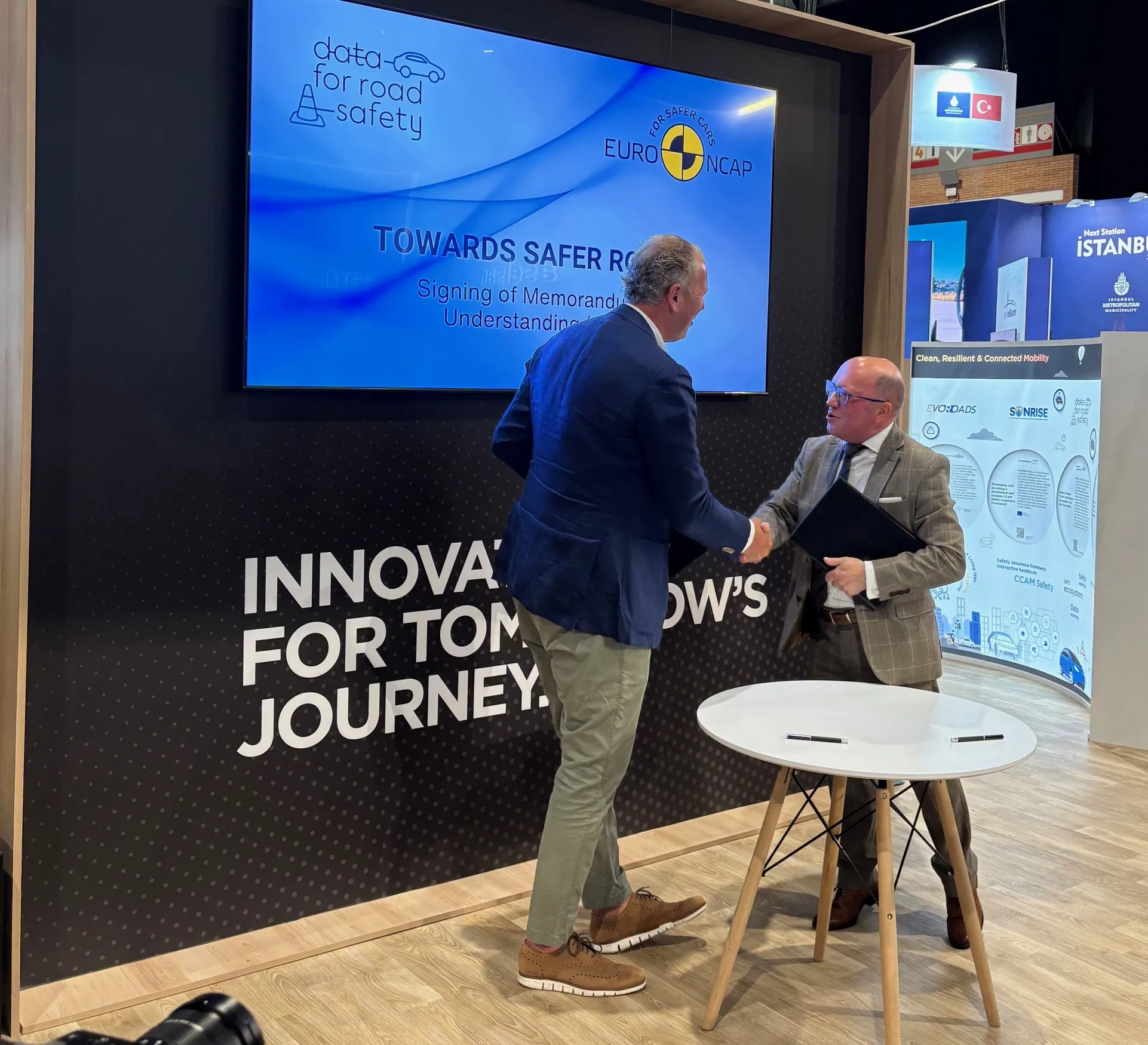Moxa has become one of the first industrial automation companies to join the Industrial Internet Consortium (IIC), a non-profit partnership of industry, government and academia formed to accelerate the global use of interconnected devices, intelligent analytics and people. AT&T, Cisco, GE, IBM and Intel formed the IIC earlier this year to support better access to data with improved integration of the physical and digital worlds. The IIC is open to any business, organisation or entity with an interest in adv
June 3, 2014
Read time: 2 mins
"Moxa has been a long-time Provider of hardened connectivity and networking solutions to industrial users in factory automation, oil and gas, transportation, power, and rail," said Dr Richard Soley, executive director of the Industrial Internet Consortium. "Moxa's expertise with mission-critical applications and harsh environments will be a valuable asset to the Consortium. We look forward to their involvement in developing best practices and standards for the Industrial Internet."
"Moxa fully supports the mission of the IIC," said John Yelland, vice president of Global Marketing for Moxa. "For over 25 years, Moxa has specialised exclusively in industrial networking and computing solutions which enable access to critical operational data across the enterprise. The IIC is an exciting opportunity for Moxa and member companies to develop the standards that will maximise interoperability and enable the Industrial Internet to achieve its full potential. We look forward to this collaboration and pledge our full support."







